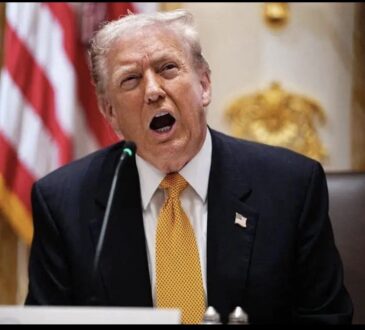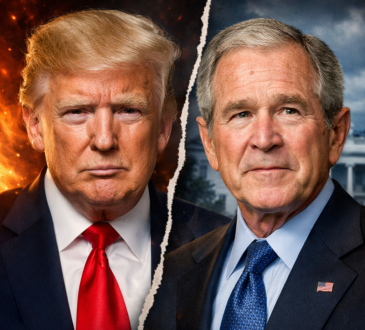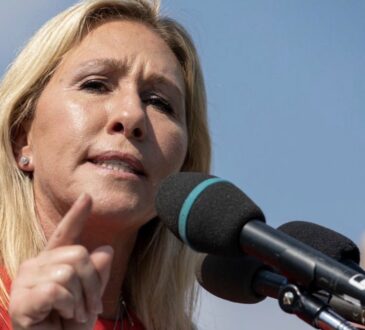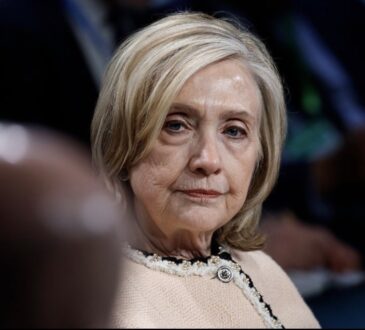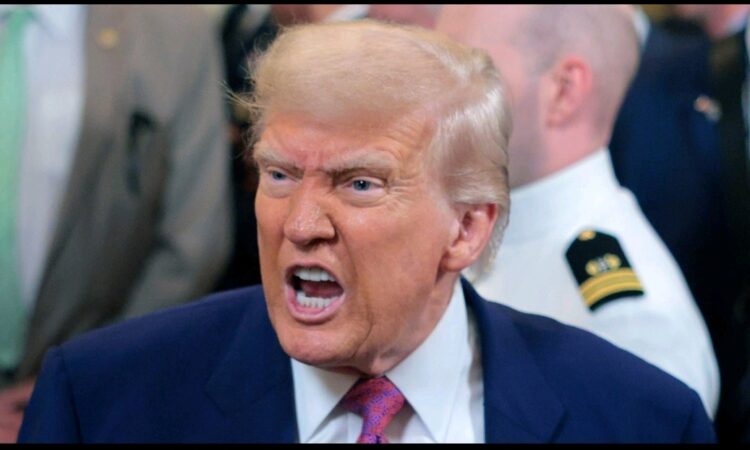
Early on Friday morning, President Donald Trump started his day by posting a series of angry and aggressive messages on his social media platform, Truth Social. These posts targeted both a long-time political rival and the leaders of three powerful nations. Around 6 a.m.
Eastern time, Trump aimed his frustration at Democratic Representative Jerry Nadler from New York, who is 78 years old and recently announced that he would retire next year to allow a younger generation to take his place in Congress.
Trump, now 79, mocked Nadler’s decision by saying that he should have stepped down a long time ago and called him “one of the most disgusting Congressmen in U.S. history.” Trump celebrated Nadler’s upcoming retirement as a victory and used it as an opportunity to insult him publicly.
The rivalry between Trump and Nadler goes back many years, long before Trump became president. Their conflict first began in 1985, when Nadler, who represented Manhattan’s West Side, strongly opposed Trump’s ambitious development project known as “Trump City.” Trump had planned to build nearly 8,000 apartments and condominiums for as many as 20,000 residents along the Hudson River, but Nadler’s resistance, along with other factors, helped prevent the project from moving forward.
This clash marked the start of a bitter relationship that has lasted for decades. By the mid-1990s, Trump had resorted to mocking Nadler publicly, calling him “Fat Jerry,” a nickname he later admitted he used to embarrass Nadler about his weight.
Their animosity continued as Nadler became a key political adversary during Trump’s presidency, most notably in 2019 when Nadler oversaw the first impeachment proceedings against him.
Trump, in his Friday morning rant, claimed that he had been defeating Nadler for 40 years, first as a real estate developer and later as president. He accused Nadler and former House Speaker Nancy Pelosi of wasting millions of taxpayer dollars and valuable time on impeachment efforts that ultimately failed to remove him from office.
He described Nadler as a “pathetic lightweight” and said that it would be a great day for the country when Nadler officially leaves Washington, D.C. Trump’s post carried his familiar slogan, “MAKE AMERICA GREAT AGAIN!” suggesting that he saw Nadler’s departure as part of his larger political mission.
Nadler, who has served in Congress since 1992, originally stated that he wanted to remain in office until the very end of his career, even expressing a desire to follow the example of John Quincy Adams, the sixth president of the United States, who died in office after collapsing on the House floor.
However, according to reports, he changed his mind after private conversations with fellow Democrats raised concerns about his ability to continue being an effective opponent to Trump and his political movement. Nadler has already stepped down from his position as the top Democrat on the House Judiciary Committee, signaling that his political influence is coming to an end.
Trump did not stop at attacking Nadler. In the same early-morning series of posts, he also criticized three major world leaders: Indian Prime Minister Narendra Modi, Russian President Vladimir Putin, and Chinese President Xi Jinping. These leaders had recently met in Tianjin, China, to strengthen their alliance and discuss cooperation among their nations.
Trump reacted by expressing disappointment and sarcasm, saying it looked like “we’ve lost India and Russia to deepest, darkest China.” He shared a photo of the three leaders together and added a remark wishing them “a long and prosperous future together,” implying that their unity was a setback for the United States and its influence on the global stage.
Trump’s tone throughout the morning was combative and defiant, reflecting his long-standing approach to both domestic and international politics.
He framed Nadler’s retirement as a personal and political win while portraying the growing ties between China, India, and Russia as a challenge that he believed would not have happened under his leadership without consequences.
His remarks once again placed him at the center of political and global controversy, showing that even after leaving office, he continues to use sharp and provocative language to shape public opinion and maintain his influence.

